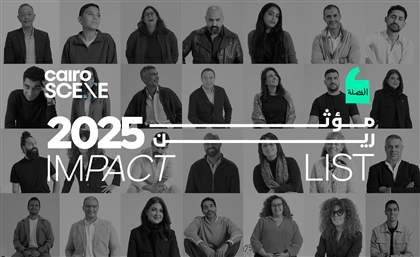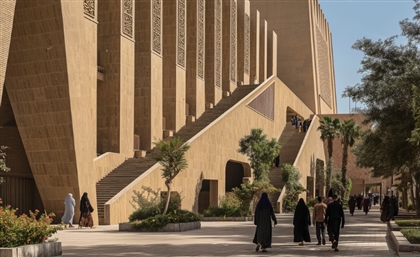Aziza: The Egyptian Startup Making Menstrual Health Mainstream
Written entirely in Egyptian Arabic, Aziza’s culturally informed content aims to improve women’s menstrual health in Egypt.
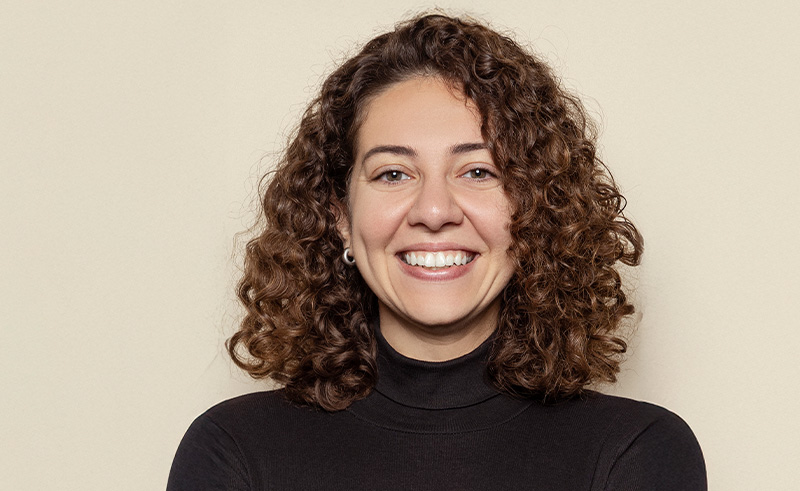
The entire global startup ecosystem is built upon a singular goal - providing a solution. Agnostic of sector and regardless of practical tech integration, a startup will only succeed if it provides a clear and viable solution to a significant issue. Yet there are persistent, and arguably far more basic challenges that continue to present issues for significant portions of the population - and in the case of the femtech sector and its solutions, that portion is a full 50%, still awaiting solutions to problems that have plagued the female half of society for generations.
In the case of Aziza, the solution is an Egyptian Arabic app centred around improving women’s menstrual health in Egypt through transparent and jargon-free information alongside an easy-to-use period tracker. “I really wanted to build something inclusive that’s built for the masses,” Nesma Amin, Co-Founder & CEO of Aziza, tells StartupScene. “This has to be a solution that any Egyptian woman would find easy to access and use.”
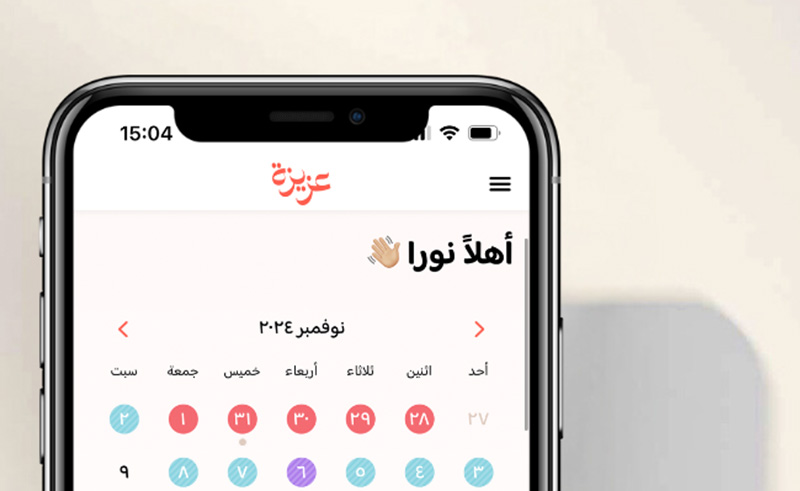
It is that spirit of inclusivity that informs many of the decisions at Aziza - along with Amin’s past experience in healthtech and femtech sectors - all with the goal of trying to improve the situation for all menstruating women across the country - a ‘market’ of around 50 million people in Egypt alone. Aziza does this by providing a platform that is informed by real experiences of Egyptian women, and provides all information in a clear and approachable format designed to cater to the widest possible range of users.
“We’re not the only period tracker app available, but apparently these other trackers are missing the point,” explains Amin. “There is huge importance to our awareness of language, cultural context and sensitivity. From the sign up process to the features themselves, every aspect is informed by our first-hand understanding of what women need.”
Underneath the overarching startup philosophy of providing a viable solution to a real problem, technology - and specifically AI - have also become synonymous with the ecosystem, using it to keep pace with the constantly changing environment. But more tech integration doesn’t necessarily mean a better end user experience.
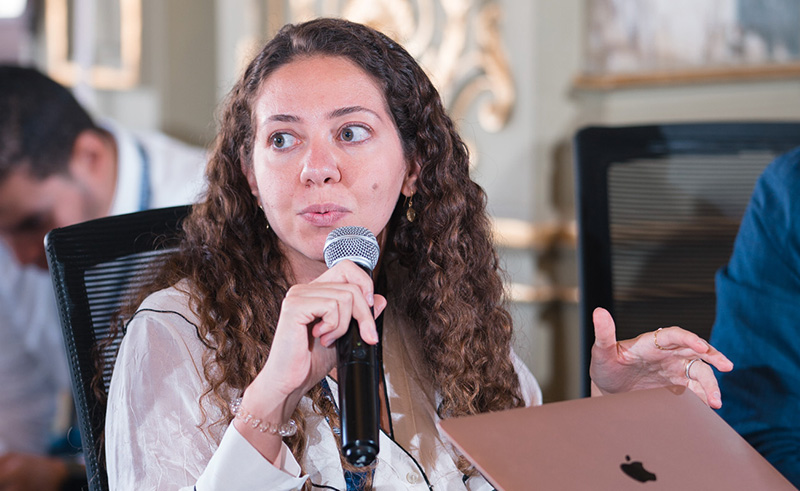
“It’s very easy to say that we’re using top-notch tech and AI and all of that, but that’s not what Aziza is about,” says Amin. “In this case we try to simplify the process as much as possible, right from the first step.”
Even the branding of the app is carefully thought through. “To me, Aziza is a kind, approachable, old person’s name,” Amin tells us. “But it also describes something precious or dear. Seemingly small details like these help us remove the overly-techy barriers to use.”
Many of Aziza’s features are also intentionally available offline, with the understanding that a constant internet connection is still not something that all people can rely upon - sign up is also done through only a phone number, with no need to submit an email address. These are not educated guesses as to user needs; these are based on the CEO’s own experiences, particularly in some of Egypt’s most underserved rural communities.
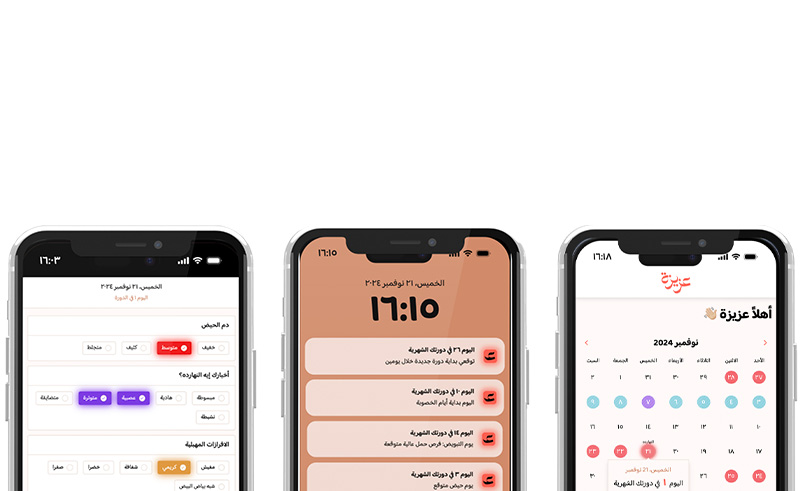
“The field work I have done with women across the country, including Cairo’s Mansheyat Nasr, gave me clear, actionable insights into how women actually perceive reproductive and menstrual health,” Amin reveals. “Aziza’s features are personal, informed by real life, and as such our users are loyal to Aziza because it speaks to them. They don’t stick around because you have the latest AI-powered features - they stick around because you get them as people; as women.”
- Previous Article How a Children’s Book Empowers Survivors of Child Abuse
- Next Article Six Unexpected Natural Wonders to Explore in Egypt
Trending This Week
-
Dec 27, 2025
-
Dec 23, 2025












